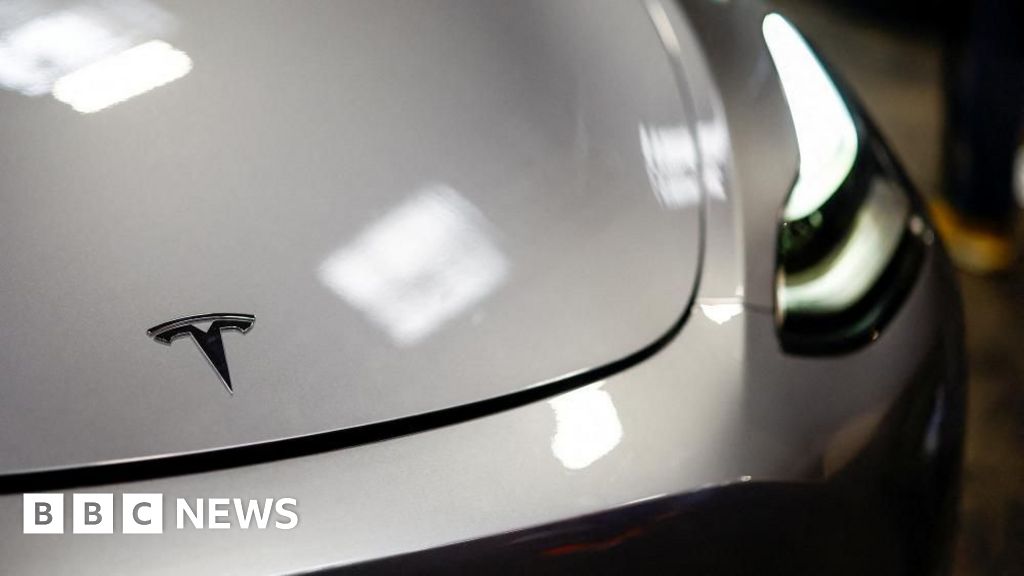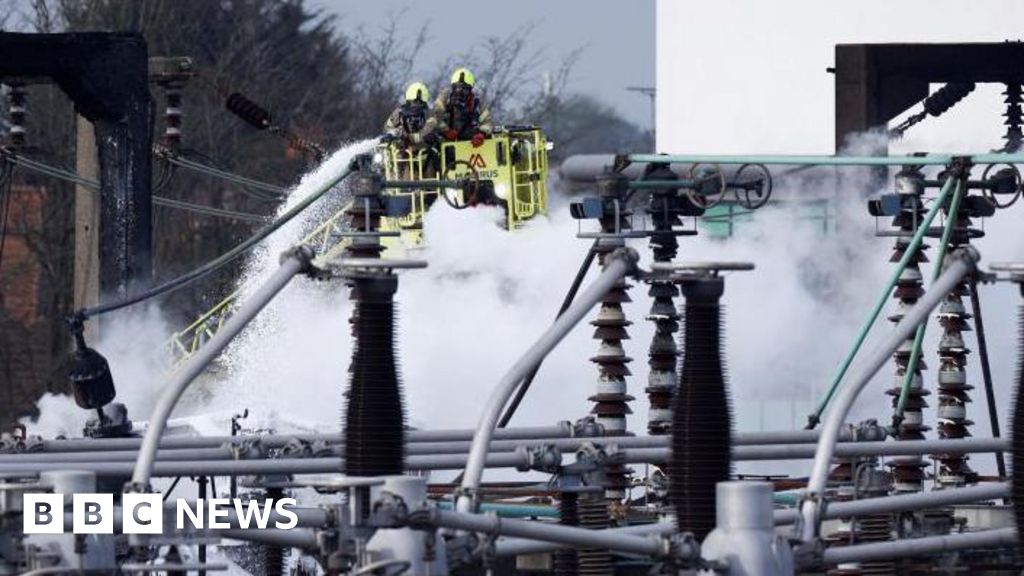ARTICLE AD BOX
Government borrowing fell in July compared with a year earlier as the removal of most Covid restrictions in England gave the economy a boost.
Borrowing - the difference between spending and tax income - was £10.4bn, official figures show, which was £10.1bn lower than July last year.
However, the figure was the second-highest for July since records began.
Borrowing has been hitting record levels, with billions being spent on measures such as furlough payments.
The huge amount of borrowing over the past year has now pushed government debt up to more than £2.2 trillion, or about 98.8% of GDP - a rate not seen since the early 1960s.
The Office for National Statistics (ONS) now estimates that the government borrowed a total of £298bn in the financial year to March.
That amounted to 14.2% of GDP, the highest level since the end of World War Two.
The ONS said the cost of measures to support individuals and businesses during the pandemic meant that day-to-day spending by the government rose by £204.3bn to £942.7bn last year.

 3 years ago
182
3 years ago
182








 English (US) ·
English (US) ·